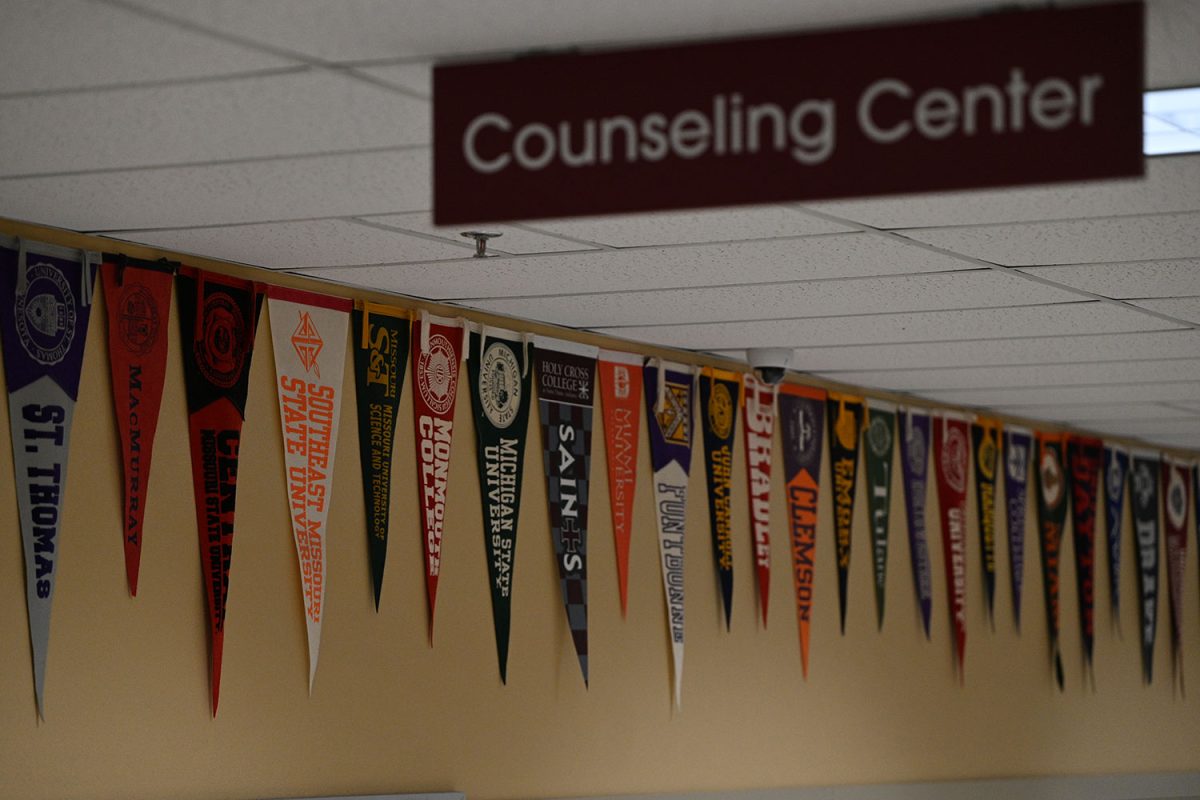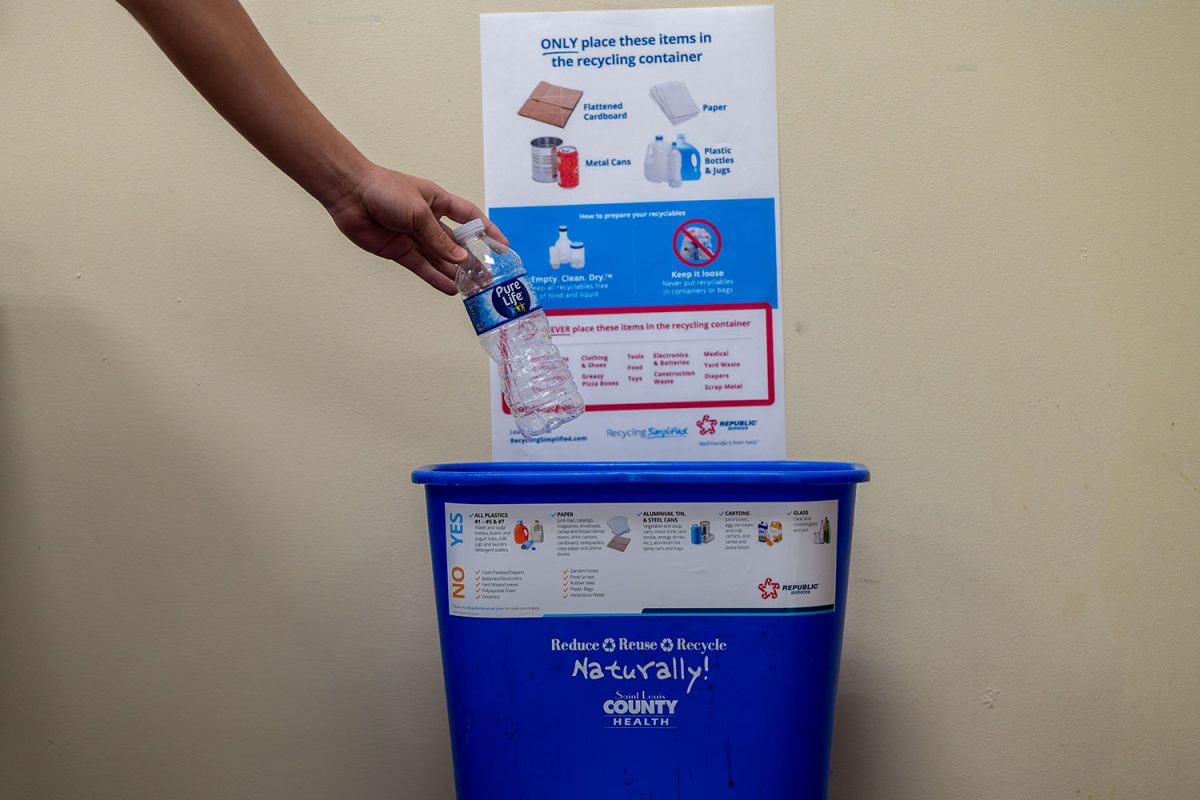Ever since 1970, to address inequality, colleges began to become test optional. However, it wasn’t until 2020 when students were unable to take the test due to the COVID-19 pandemic that it became the norm. Many thought that the system would revert to the old after the effects of the virus ended, but colleges have continued with it through the 2023-24 school year, and have no public plans to discontinue it. The new system currently consists of 96% of schools not requiring the egregious test, and in the most recent academic year 57% of students not submitting the test. Colleges now look at GPA, essays, recommendation letters, extracurriculars, and course rigor to determine rightful admission. I experienced this when I applied to one of my schools and ended up getting more money not submitting my test than a friend who submitted it, had better grades, and took harder classes. As much as I am happy about receiving more money, the current system just isn’t proper. One solution can minimize this unfairness.
Eliminate the standardized test entirely.
While being the objectively best way to measure a person’s college readiness, it doesn’t take into account the financial capability of each family and student applying. Unfortunately, not everyone has access to prep classes offered by high schools or even the proper education to prepare themselves for the test. This is strongly due to their financial situation since public or charter schools located in poorer neighborhoods will most likely not have the curriculum and the resources to help their students go to college. Private schools like De Smet or MICDS or public schools like Ladue or Kirkwood have better curriculums and resources to prepare their students through prep classes, better technology, and highly qualified teachers. Since there is no easy way to tackle this unfairness for some who have no choice but to go to less accredited schools, the playing field must be leveled with the standardized tests being eliminated entirely.
Also, the test-optional policy is enough to measure a person’s intelligence and is a more holistic approach. Before submitting mine, my parents pushed me to take difficult classes while also focusing heavily on service and leadership activities. Even if a school significantly inflates a student’s grades reflecting on the GPA, all of the other aspects they are considering are strong points to see who a person is. Admission counselors can tell a person’s personality a whole lot better when they have to write their essays and extra writing supplements than looking at a test score. Even looking at the types of leadership the person is involved in can give colleges a glimpse of the goals they aspire to and the type of person they are. Recommendation letters provide a similar anecdote but have increased reliability since the student’s stories and impact are told through the lens of somebody else.
Many have pointed to the fear of ditching the ACT because it makes the colleges blind to know if the person has the content down to successfully go all four years. The ACT/SAT is the most accurate way of measuring a person’s readiness only when it comes to understanding content. However, while talking to an admissions counselor at one of my prospective colleges, they said that ever since the test-optional policy began, there has been no increase in dropout rates. While this may not be the same everywhere, it shows at this particular college that people who enter their desired colleges don’t need to submit a score to be academically successful.
Colleges can’t go back to the old system because the controversy would be too much for universities to handle. People’s dreams would be lost. It is time to change the system for good because a person is so much more than a test score.









Luke • Feb 19, 2024 at 4:03 pm
Hi Luke. This is a well written article on an interesting topic. About two weeks ago Dartmouth released a plan to go back to requiring testing along with results of a study they conducted. If you google “Dartmouth Update to Testing Policy” you can find it. As you mentioned in your article and what Dartmouth confirmed in their study is that standardized tests are the best indicator for college success. But they also state that “testing allows us to admit a broader and more diverse range of students” and “testing clearly enhances the admission chances of high-achieving applicants from less-resourced backgrounds when such scores are disclosed”. Your points about inequality and access to prep classes/good education are completely valid, but I think colleges do look at applicants as more than just a test score and that is why income, race, and location are looked at on a college application.